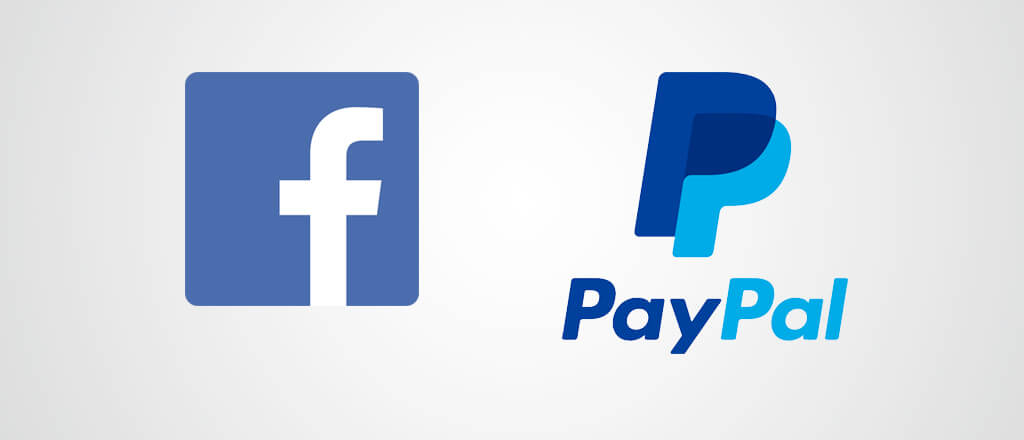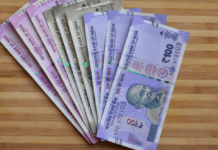SAN FRANSISCO/NEW DELHI: With an aim to cement their position in the fast-growing digital payments market in Southeast Asia, Facebook and Paypal have invested in Gojek, Indonesia-based first and fastest growing app for ordering food, shopping, commuting and making digital payments.
Matt Idema, Chief Operating Officer, WhatsApp, did not disclose the sum the company has invested in Gojek but said the move underscores Facebook’s commitment to serving small businesses and helping bring them and their customers into the digital economy.
Since its launch in 2015, the Gojek app has helped bring hundreds of thousands of merchants onto its platform, giving them access to more than 170 million people across Southeast Asia. Its payments business processes billions of transactions each year and owns the largest e-wallet in Indonesia.
“The majority of small businesses in Indonesia rely on cash to operate due to the country’s large unbanked population. Digital payments are safer than cash, both for businesses and customers. And digital payments help more people participate in the economy and give businesses access to credit which is crucial for business growth,” Idema said in a statement on Tuesday.
According to Meng Liu, an analyst with global market research firm Forrester, Facebook can now expand its digital payment and financial services to Indonesia and more broadly to the Southeast Asian market.
“The payment sector is still underserviced and the opportunity in Southeast Asia’s emerging markets like Indonesia is worth billions of dollars. For Gojek, they will be able to embed Facebook’s digital wallet offering (like WhatsApp Pay) on their platform of lifestyle services across shopping, transport etc,” Liu told IANS.
In the long run, if Facebook’s Libra plan is successful, there would also be a natural rollout of this inclusive cross-border payment offering to immigrant workers in the Southeast Asian markets as well.
“I see the deal as the first step to building the infrastructure to expand Facebook’s payment and fintech businesses in the region,” Liu added. PayPal said the commercial partnership will enable it to “significantly grow” its scope and scale in Southeast Asia. “This new relationship is another positive step in our journey towards becoming the worldwide payments partner of choice, and helping to fuel global commerce by connecting the world’s leading marketplaces and payment networks,” PayPal said in a statement.
Gojek was first established in Indonesia in 2009 as a call centre to connect consumers to courier delivery and two-wheeled ride-hailing services. According to Liu, many people may think Alipay and WeChat Pay would be negatively affected by this deal.
“However, Alipay and WeChat Pay are mostly servicing Chinese tourists in the Southeast Asian markets, rather than servicing local consumers directly. Therefore it won’t impact their businesses significantly,” said Liu.
However, this deal will definitely impact the businesses of GCash, a local digital wallet backed by Ant Financial, given the competitiveness of Facebook’s payment services. “Facebook also faces potential competition from Chinese tech giants such as Alibaba, Tencent and ByteDance, who may also increase their investments in Gojek as well or even try to acquire them,” Liu added.







